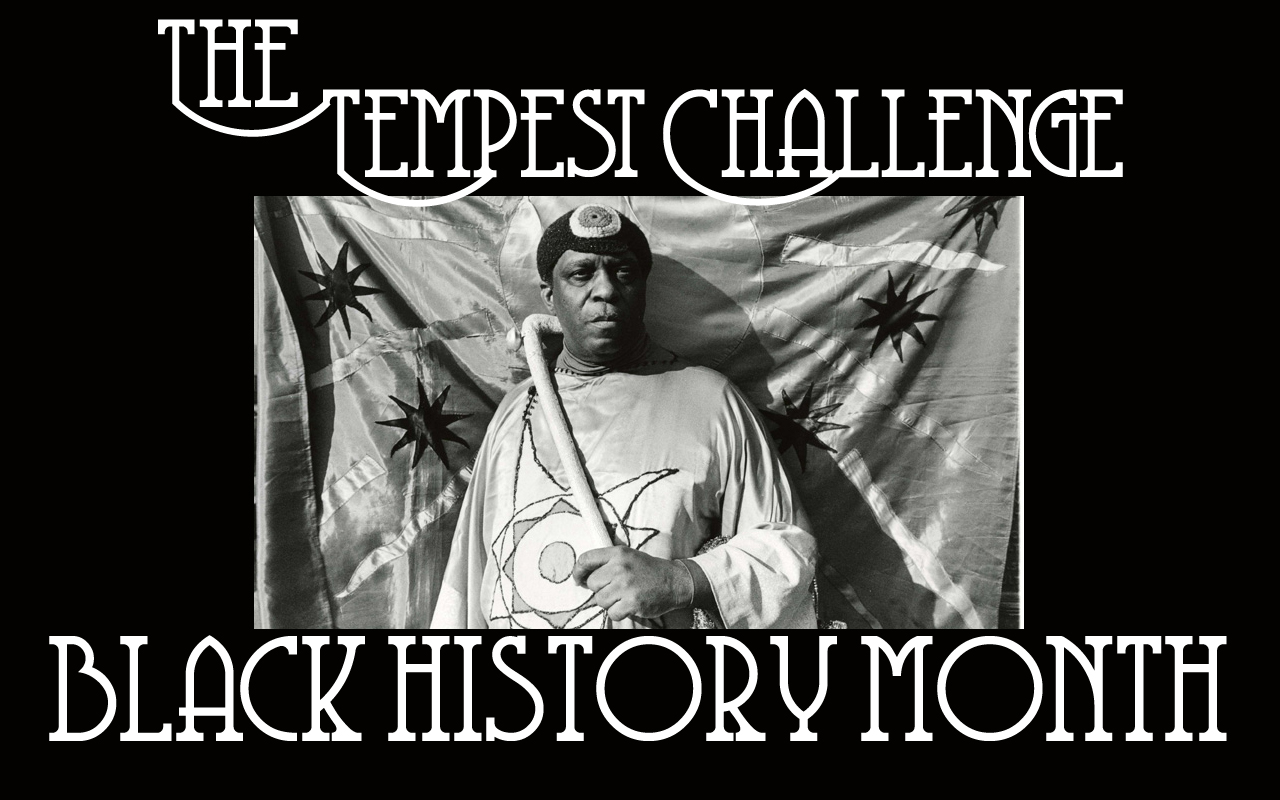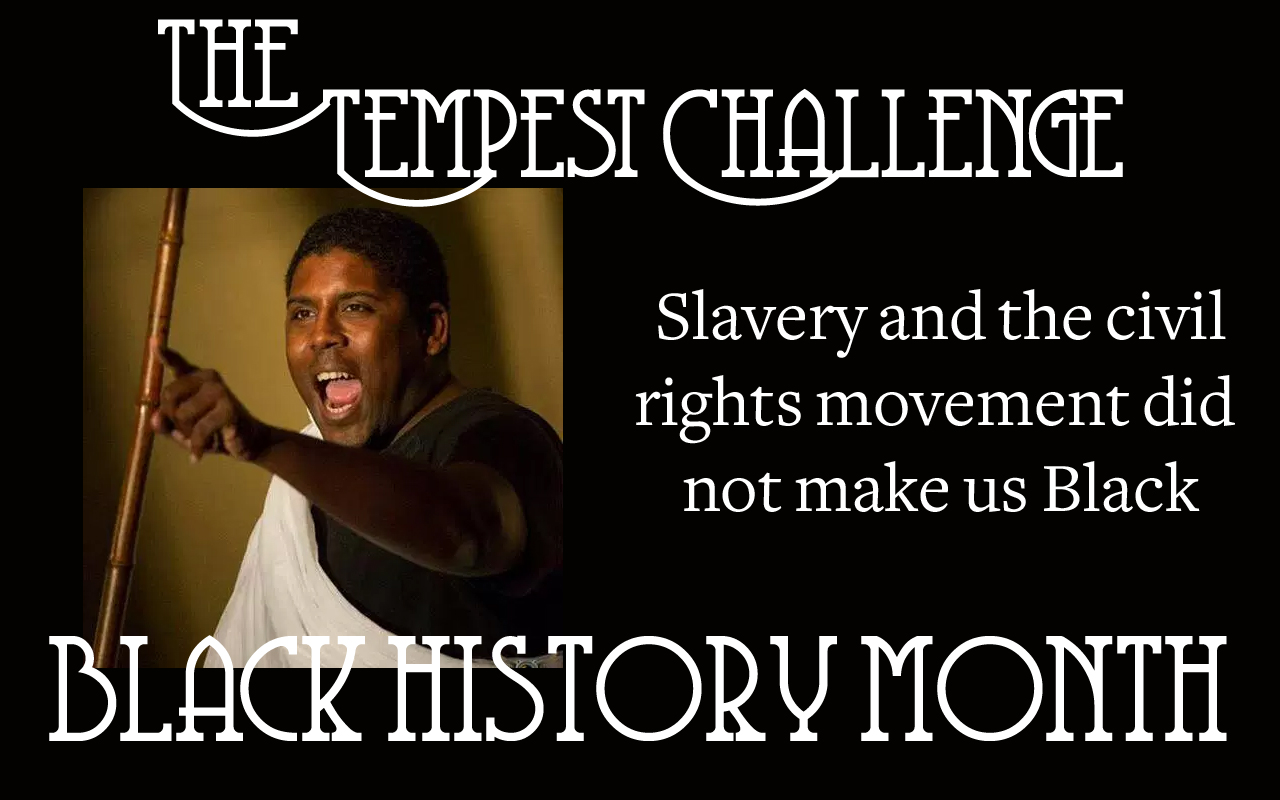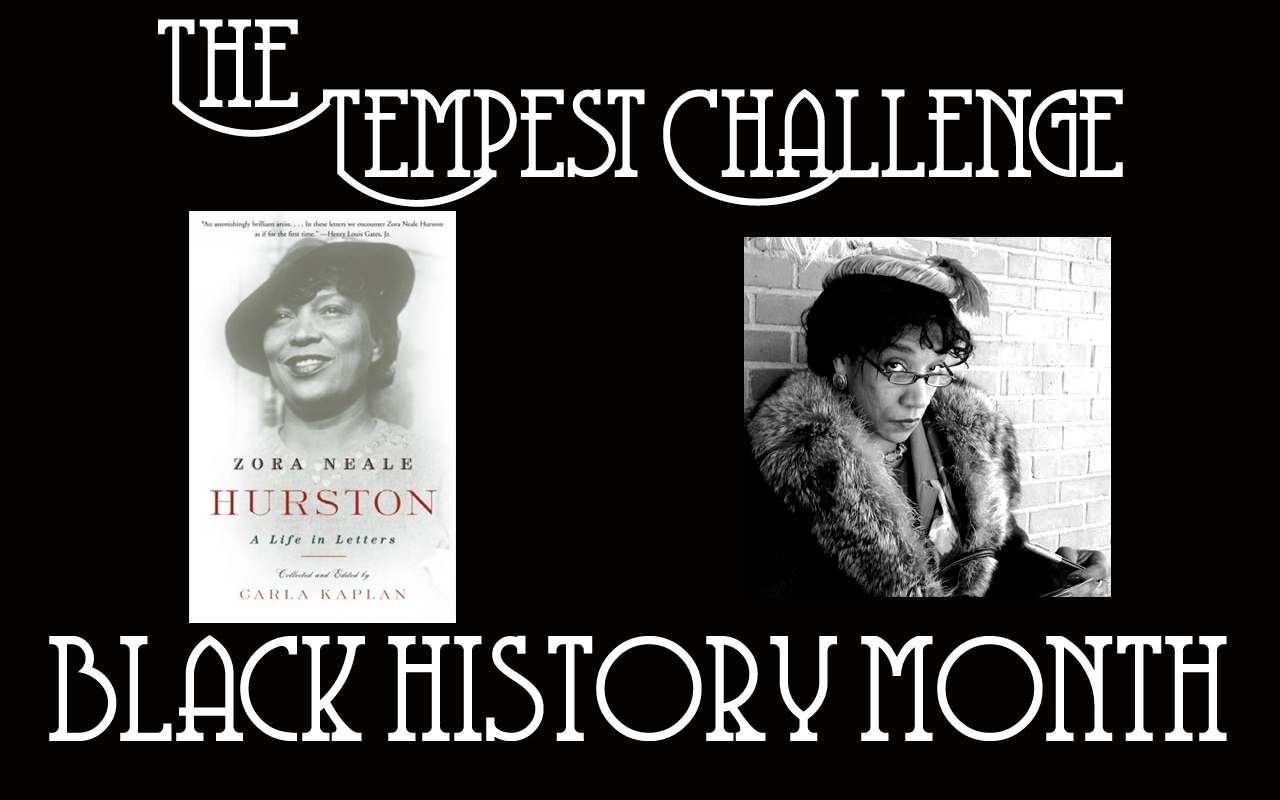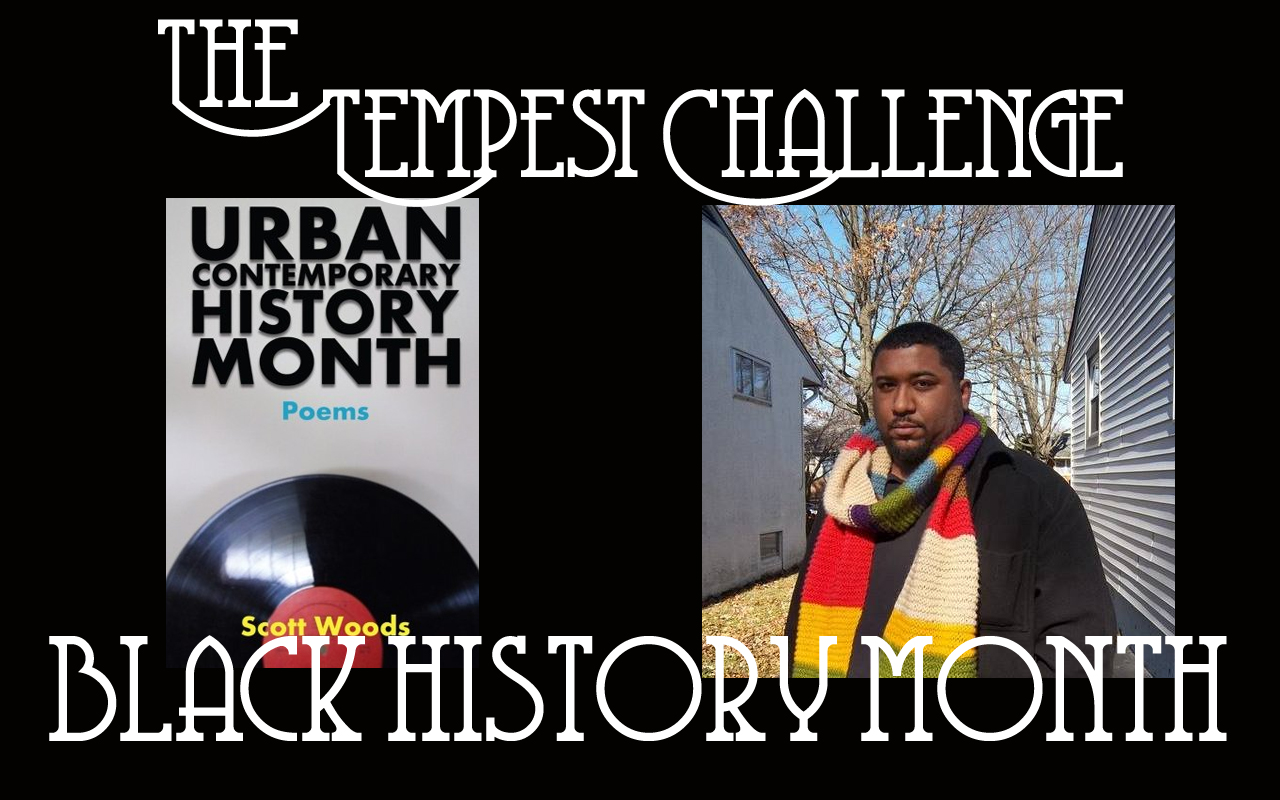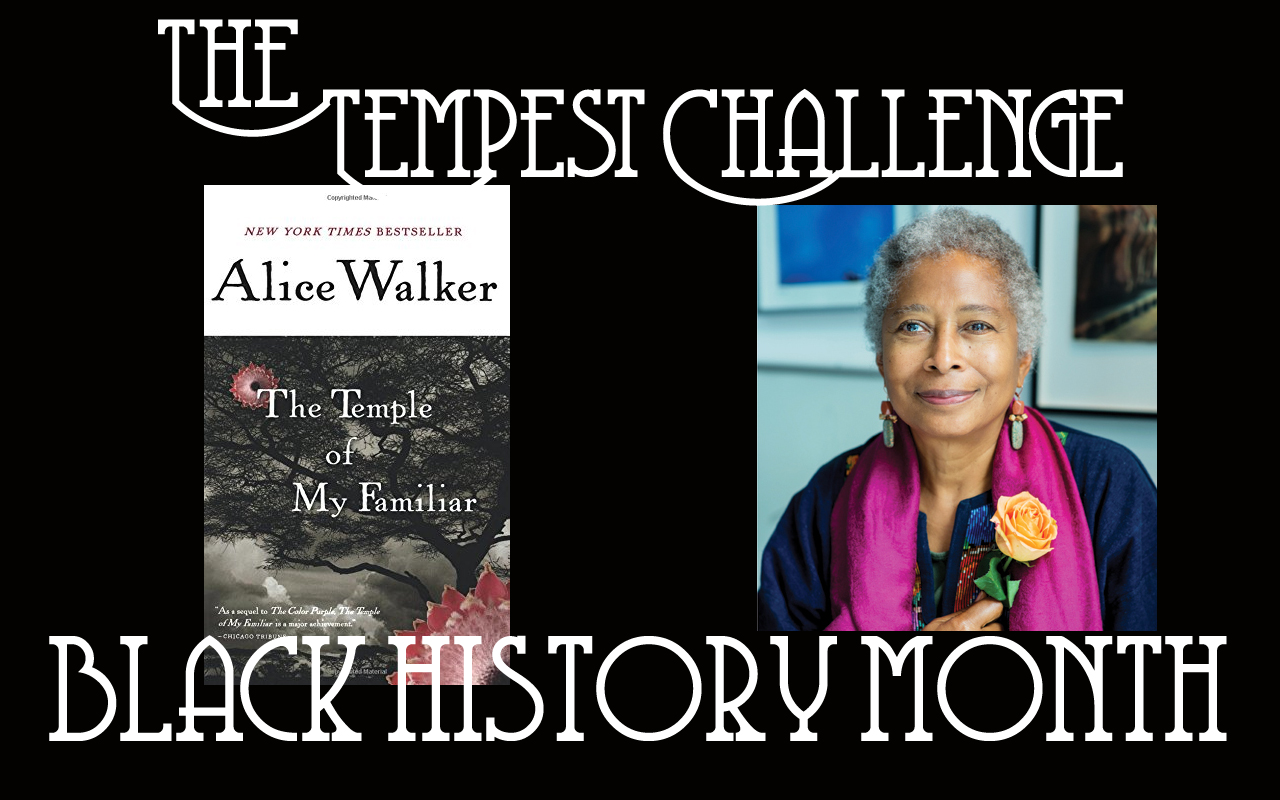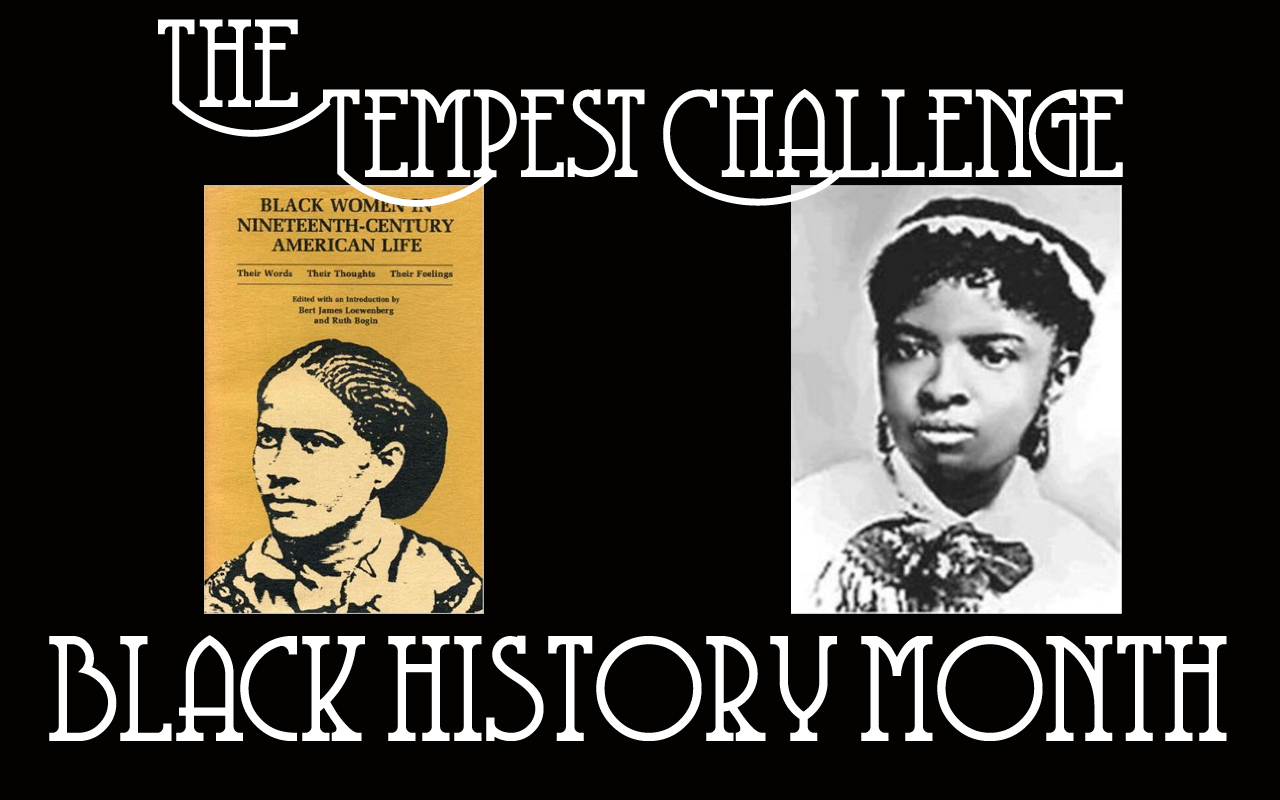At the beginning of the month Legacy.com posted a video celebrating Afrofuturist artists that have passed on. Check it.
For a more in-depth explanation of Afrofuturism, read this excellent primer by Ofeibea Loveless:
In the early ’90s, cultural critics began to talk about the reinterpretation of aspects of African-American life through the lens of speculative fiction. Thus, the term “Afrofuturism” was born. It’s become a surefire way to categorize the quirky, the deep and the cosmic visual, sonic and literary elements of all things black and speculative. It’s generally defined as the “literary and cultural aesthetic that combines elements of science fiction, historical fiction, fantasy, Afrocentricity, and magic realism with non-Western cosmologies in order to critique not only the present-day dilemmas of people of color, but also to revise, interrogate, and re-examine the historical events of the past.”
As always, read the entire thing.
A wide range of artists fit under this umbrella, from Octavia E Butler and Samuel R Delany to Jean-Michel Basquiat to Parliment Funkadelic and Janelle Monae. One of the early Afrofuturists, who was doing his thing long before someone coined this term, was poet and performer Sun Ra. When I first encountered him it was in a used bookstore where I picked up a copy of This Planet Is Doomed: The Science Fiction Poetry of Sun Ra1. The poems in this slim little book blew me away and made me mad I had not heard of this man before that time. I’m not into Jazz, otherwise I might have.
VICE did a pretty good examination of the man and his work a few months ago while covering the release of a new book about him:
The quest for that “better day” came to define Sun Ra’s interstellar-themed music and philosophy of Afrofuturism, and that urge to write and speak more carefully would become a rule by which he lived his extraordinary life. Most of his poetry has gone largely unnoticed, while his music—which has influenced genres as diverse as dub, Detroit house, and post-rock—has seemingly become more celebrated with each passing year. But inseparable from his wide-ranging free jazz experiments was a distinct philosophy and set of sociological observations that were equally revolutionary and forward-thinking.
On the surface, the flamboyant and often-costumed Sun Ra may seem like a free jazz eccentric, but delving into his lifelong writings—which have appeared on record jackets, hand-folded pamphlets, or personal diaries—on subjects that ranged from anthropology to science fiction reveals a profoundly studious man with a focused and well-defined worldview. The cosmic language he favored (take song titles like “Tapestry from an Asteroid,” or the record Soul Vibrations of Man) can seem like a bunch of astrological, futuristic jargon and symbology selected at random to appear as extraterrestrial and “out there” as possible, but in every case there’s well-placed significance to the celestial forms chosen that bleeds throughout all the jazz maestro’s creativity.
You can listen to his music on YouTube; his books are a little harder to find for reasonable prices. However, I suggest picking up a copy of Sun Ra: Collected Works Vol. 1 alongside the poetry book mentioned above. With this you can delve into the mind of a man who, if not actually from Saturn, definitely thought more astronomically and universally than most people ever do. And if you’re an artist of any type, that’s more than worth examining.
Footnotes
- I had no idea that copies on Amazon are going for $50 – $100. I guess I should dig out mine? Don’t worry, the eBook price is $10. [⇧]

